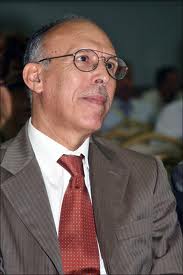Less than 24 hours after the twin suicide bombing there was
another deadly attack on a second security installation. In the early hours of
Monday 26 November, gunmen attacked the headquarters of the Nigerian Police
Force's Special Anti-Robbery Squad (SARS) in the Garki district of Abuja, where
suspected terrorists are thought to be held. Initial reports claimed that the
gunmen released about 30 detainees in the attack which left two policemen dead.
The Deputy Force Public Relations Officer, Frank Mba, reported
that 25 detainees had been recaptured and that five were still at large. Two of
the gunmen were killed in the ensuing shootout and that the police had now
identified the gunmen.
Mba denied reports that terrorists were held in the SARS
detention facility as only suspected armed robbers were detained there. Sources
have revealed, however, that the deeply embarrassed Nigerian Police Force (NPF)
is desperately trying to downplay the number of escapees because it is claimed
that over 100 detainees escaped.
One of the escaped detainees is alleged to be the wife of
Kabiru Sokoto, said to be the mastermind of the fatal Christmas
Day 2011 bomb attack on a church at Madalla in Niger State. In January, he
escaped from police custody at Abaji on the outskirts of Abuja before he was
eventually re-arrested in February.
For more news and expert
analysis about Nigeria, please see Nigeria Focus and Nigeria
Politics & Security.
© 2012 Menas Associates














